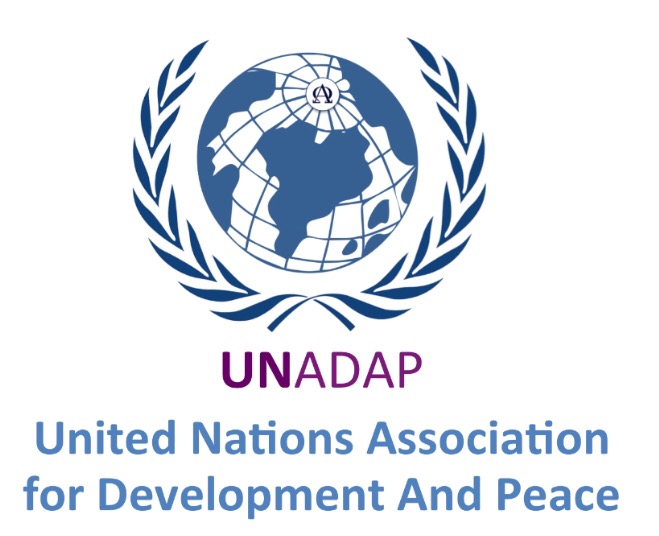'I'll be the first farmer in my family' | A budding farmer takes action for Zero Hunger
- UNADAP | United Nations
- Dec 1, 2022
- 2 min read

Dimiana Nange Clement is a young refugee and a budding farmer. The 11-year-old lives with her family in the Kalobeyei integrated settlement in northern Kenya. The settlement is adjacent to the Kakuma refugee camp, one of the largest such facilities in the world.
Families and schools here are increasingly turning to gardening as a source of better nutrition and a way to inspire youngsters like Dimiana, who comes from South Sudan.
“I want to be a farmer,” says Dimiana, who was convinced of this after just a few months of agricultural training in a Junior Farmer Field and Life School.
Dimiana’s enthusiasm for farming has grown as her school’s dusty backyard has given way to a lush vegetable garden.
There are no farmers in Dimiana’s family. “I would be the first one,” she says with a smile.
Kalobeyei settlement opened in 2016 to ease the pressure on Kakuma, offering a model for self-reliance and the integration of refugees with local residents. The combined population of the two settlements is 185 000.
In a bid to improve food security, nutrition and self-sufficiency, FAO has helped more than 7 000 households in Kalobeyei to set up kitchen gardens, providing them with seeds, tools, training and mentorship, and opened up a 400-hectare area for farming involving 750 households.
The farming school is an optional class at Dimiana’s primary school and offers practical experience designed to help refugee children produce their own food. The pupils are taught water-efficient farming techniques – essential knowledge in the arid environment of Turkana.
Water is very scarce here, and Kalobeyei households receive only 15 liters per person per day. They use household wastewater for gardening while some houses have tanks to collect rainwater.

Refugees in Kalobeyei receive a monthly cash transfer of USD 14 per person. That money does not go far in purchasing fresh, nutritious foods in the market, along with other expenses. The family and school gardens are helping to fill the nutrition gap and, as in the case of Dimiana, are inspiring a new generation of farmers.
By investing in the future generation, FAO is empowering them to take action and be a part of the global goal to achieve Zero Hunger.
Copyright: FAO Story






Comments